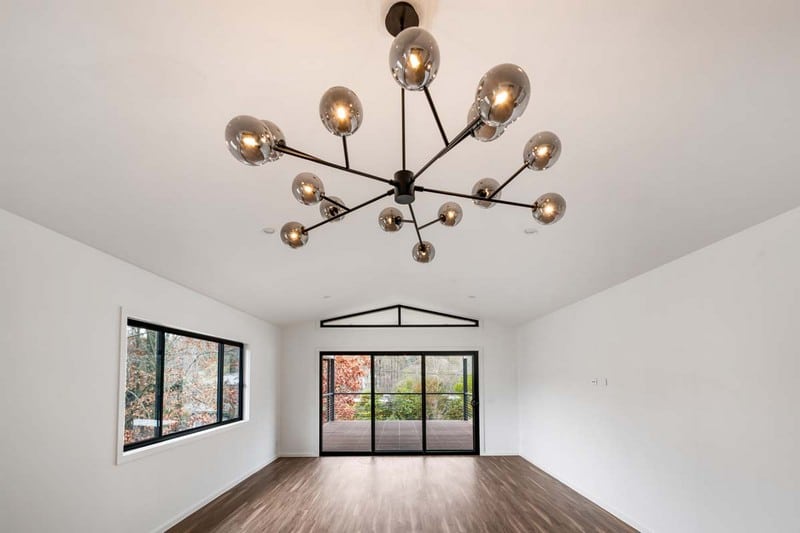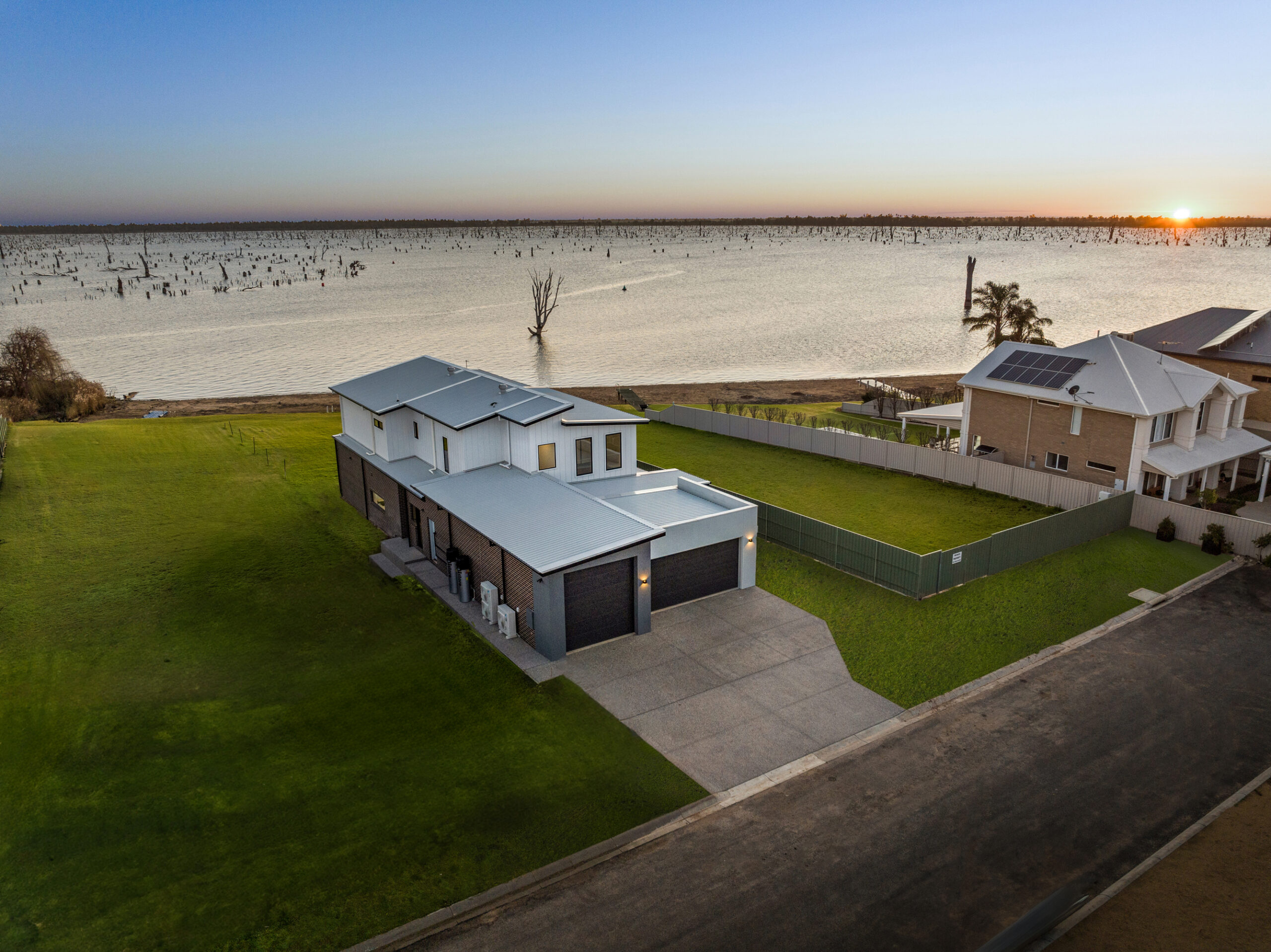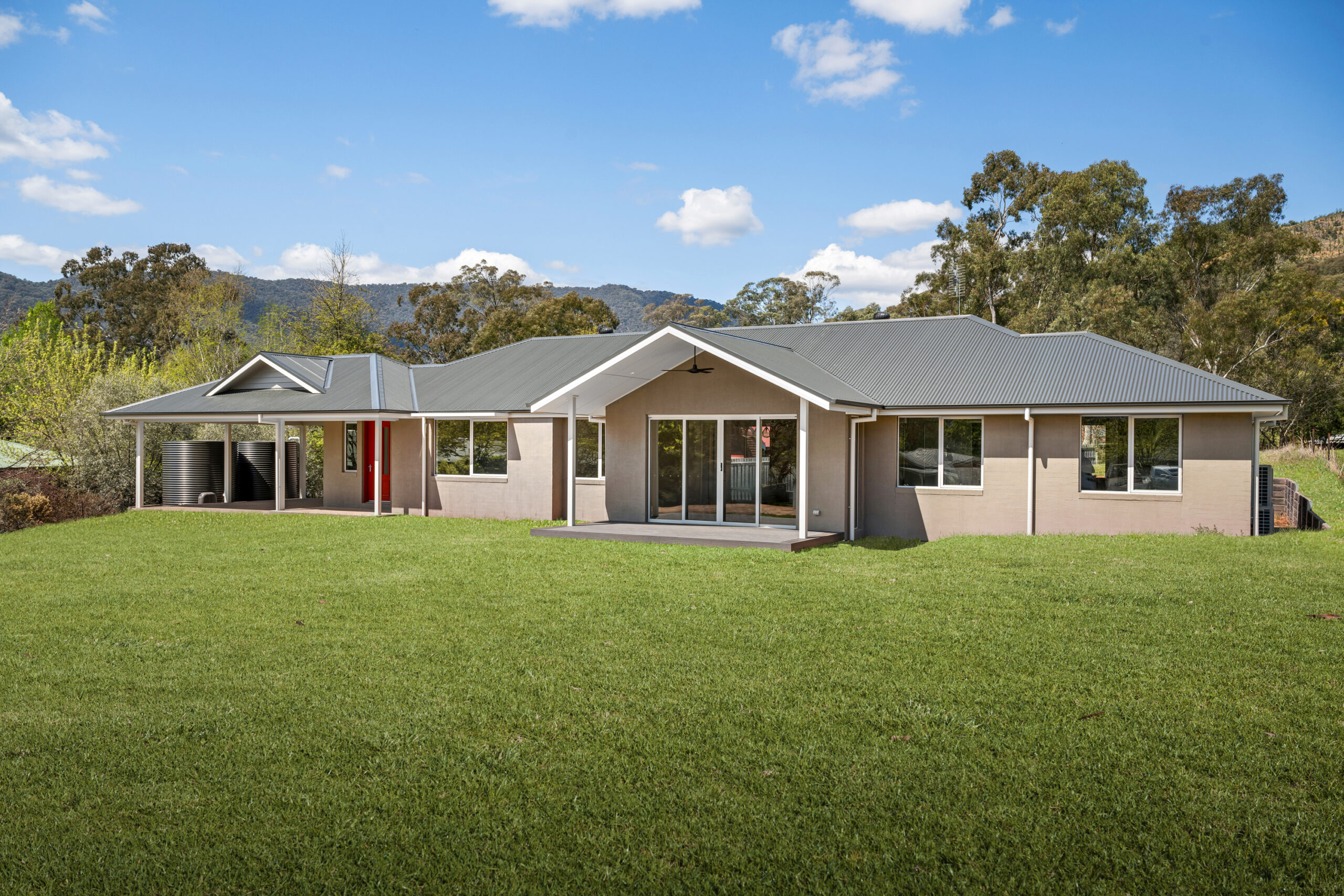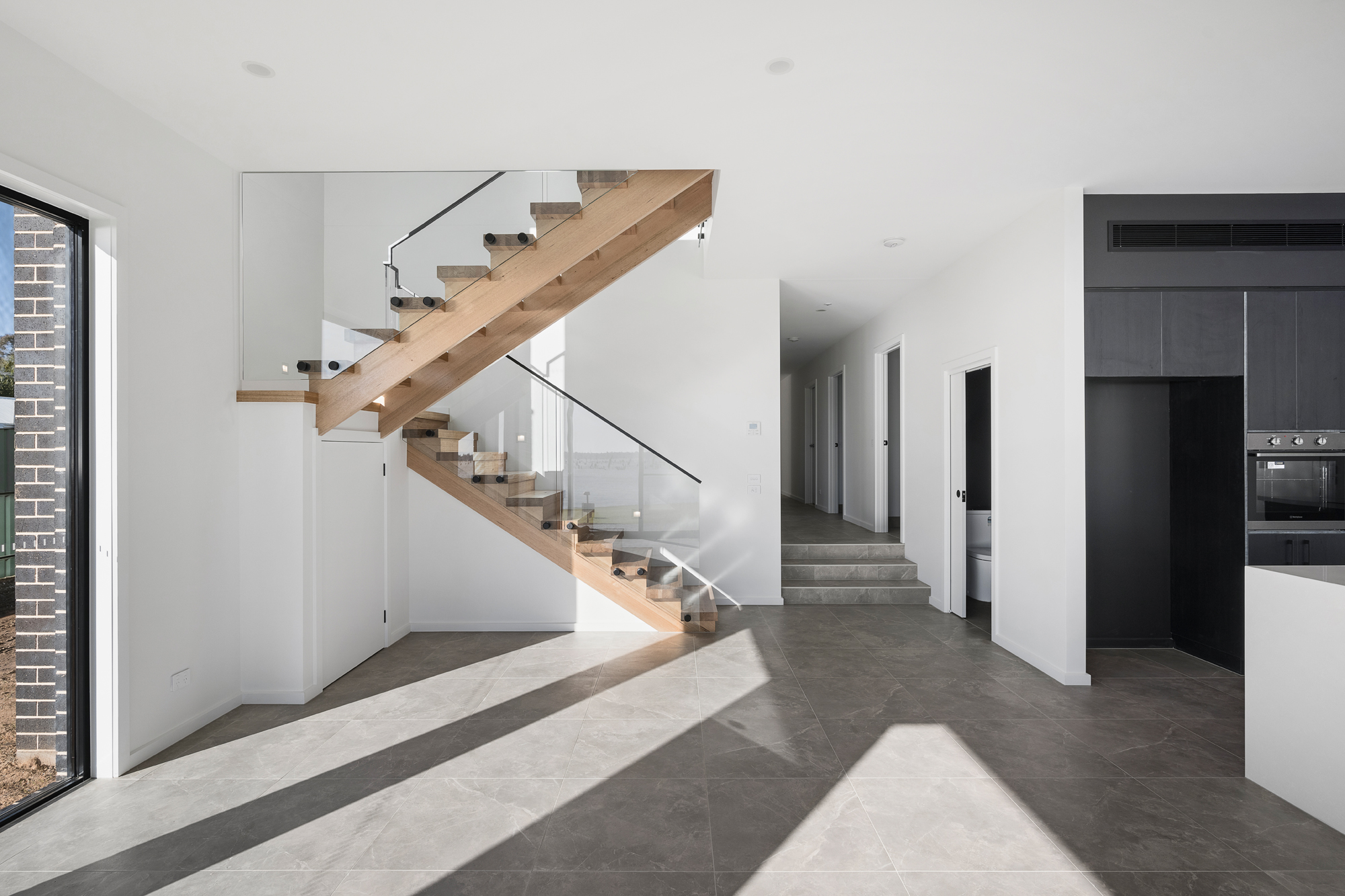A building contract is an important legal document, so it’s essential that you understand each section before you sign away. Many clients are confused and overwhelmed by technical or construction jargon included in a building contract and simply sign it without carefully examining the details.
At Crown Building & Construction, we’re passionate about demystifying all aspects of the building process and this includes the contract signing phase. Keep reading to discover the key questions we recommend asking your builder before signing your building contract.
1. Is anything excluded in the contract?
Exclusions in the contract are just as important, if not more so, than the inclusions in a building contract. To avoid later disputes from confusion and assumptions of what was exactly agreed upon, it is best to go through the “exclusion from services” list with your builder. It is very important for you to understand the implications behind having any items or tasks excluded.
The “exclusion from services” list comprises of tasks you specifically do not want performed, have opted to coordinate yourself with other contractors, or tasks your builder has deemed outside of the scope of services. It is not uncommon for tasks such as landscaping, gardening and fencing works to be omitted from a contract. By being knowledgeable about the exclusions in your contract, you can plan for any additional costs and tasks that need to be undertaken.
2. What happens if I make changes to my design during the build?
Making changes to the design during the build is not uncommon. When this occurs, it results in a variation being created outside of the building contract. As per Victorian legislation, any variations must be approved in writing by both parties – builder and owner.
When you make the changes, you are responsible for any additional costs. Charges can include administration fees – from redrafting or amending drawing plans – and third party fees in the case when plans are required to be resubmitted to council as well as the additional costs of the variation itself.
It is important to take into account that variations can cause time delays and result in the need to adjust the allocated time period stated in the building contract.
3. What insurances do you have?
It is vital to consider insurance prior to signing a building contract. In the unlikely event that something goes wrong, you want to ensure you are covered. There are four types of insurances your builder should have as a registered practitioner.
The insurance most relevant to a client is domestic building insurance. This covers you to the completion of your project and ensures that if anything happens to your builder, you will be fully covered for costs of your project. You builder must always provide you with a copy of the policy and certificate of currency that covers your property.
They should also have professional indemnity insurance, public liability and contract works insurance which ensures that they are registered with the Victorian Building Authority (VBA). If your builder is lacking any of these, it should be an instant red flag.
4. What prime cost and provisional sum items are included?
It is vital to know what items are categorised as prime cost or provisional sum in the contract. Both items act as allowances for allocations of items, labour, materials or products. Be wary of the inclusion of prime cost and provisional sums as allowances can sometimes be underestimated and result in potential budget blowout during the build.
Try to make sure the inclusion of these items is minimal as they both have potential to unintentionally increase your budget. Make the majority, if not all, design decisions prior to signing your contract to avoid any unnecessary risk from potential additional costs.
5. When will construction start and finish?
Understanding the schedule of your project is integral to understanding a reasonable projective timeline for your build. You don’t want your project to go months over schedule after all.
Always ask about the allocated time period for construction as well as the estimated start date as it should be clearly stated in the contract. A build will generally take around 6 months and although delays are sometimes inevitable, a quality builder will take into account things like weather delays and adjust for these in the project timeline.
____
If you’re interested in learning more about what to know before signing a building contract, get in touch with Matt at Crown Building & Construction today!



